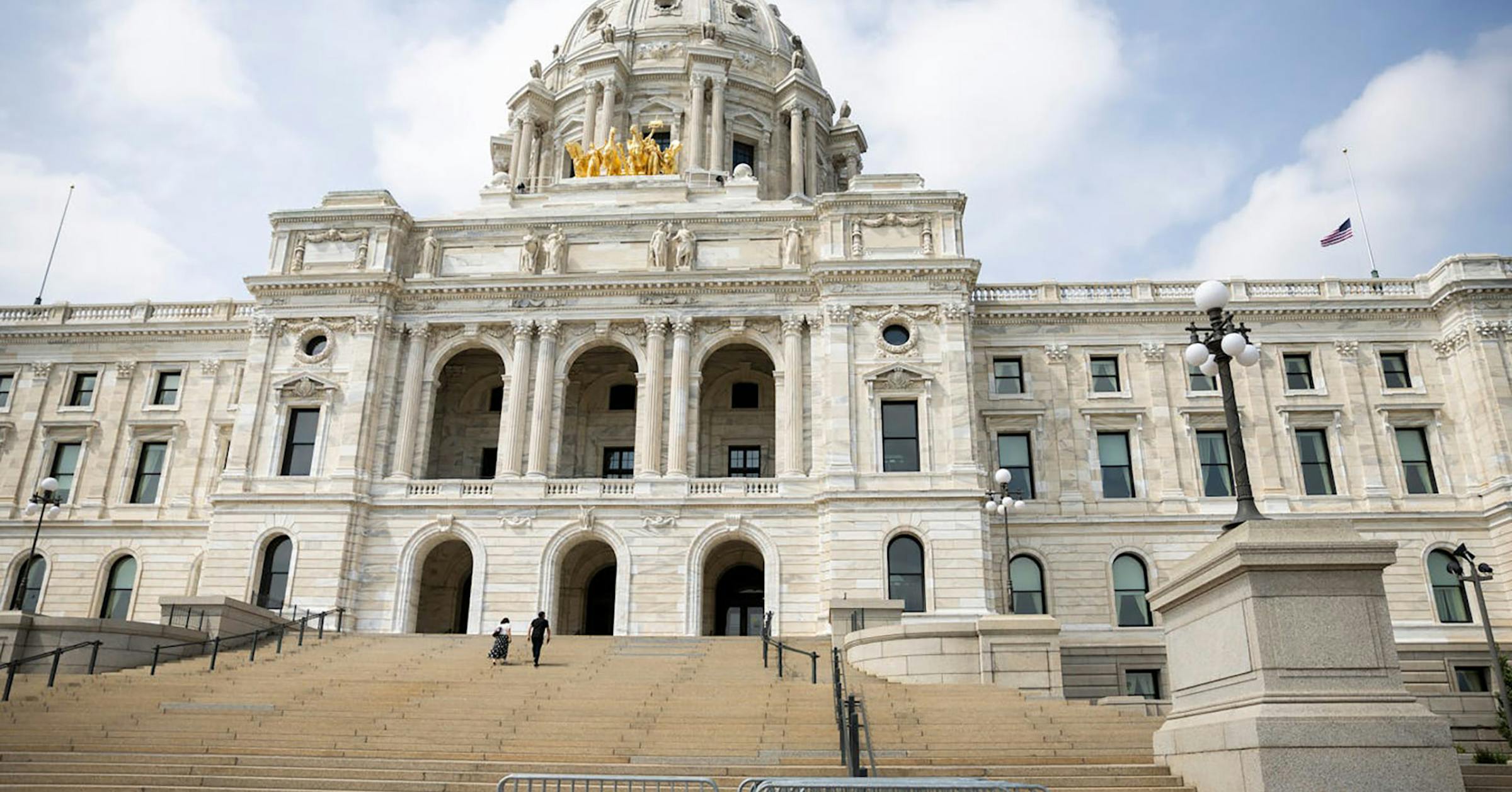The Minnesota Legislature is grappling with its response to the tragic shootings that occurred on June 14, 2023, which claimed the lives of former House DFL Speaker Emerita Melissa Hortman and her husband, Mark Hortman, while leaving DFL state Senator John Hoffman and his wife, Yvette Hoffman, critically injured. As the community continues to mourn, discussions are intensifying around how to honor the victims and improve security at the Minnesota State Capitol.
Legislators and community members are proposing a variety of measures, categorized into three main areas: protectionist proposals, symbolic gestures, and remedial actions. The goal is to find a fitting way to memorialize those affected while addressing the broader issue of safety in governmental spaces.
Protectionist Proposals for Enhanced Security
Several proposals advocate for tightening security measures within the Capitol and potentially banning firearms from the premises. These suggestions reflect a growing concern about the safety of legislators and staff in light of recent violent incidents. While Minnesota has historically prided itself on a culture of openness, many argue that ensuring safety for public officials must take precedence.
Other states have implemented stricter security protocols, and advocates for change emphasize that a genuine welcome to public spaces cannot exist without a guarantee of safety. The conversation around these proposals continues to evolve, as lawmakers weigh the implications of increased security against the state’s historical commitment to accessibility.
Symbolic Actions to Honor the Victims
Ideas for memorializing the victims are gaining traction, with some suggesting that the name of Melissa Hortman be immortalized in the State Office Building, which currently lacks a nickname beyond its unfortunate acronym. Former state representative Betty Folliard has proposed a statue of Hortman on Capitol grounds, highlighting the need for greater representation of women in public art.
Additionally, Folliard seeks to attach Hortman’s name to legislation aimed at sending a state constitutional Equal Rights Amendment to voters, a cause Hortman championed during her tenure. Including her name could galvanize support for the amendment, potentially placing it on the ballot in 2026.
Remedial Measures for Political Civility
The question of how to foster civility within the political atmosphere is paramount following the violence. Longtime lobbyist Luci Botzek has proposed forming a task force to review and recommend changes to the Legislature’s code of conduct. This initiative aims to address the rising hostility in political discourse, which has been exacerbated by national trends.
Former state representative Frank Hornstein has suggested revitalizing the “civility caucus,” initially created years ago, to encourage more bipartisan dialogue. Meanwhile, former Minnesota Commissioner of Management and Budget Myron Frans envisions an “Annual Minnesota Summit: Remembering Melissa and Mark Hortman,” designed to engage citizens in discussions about state policies and to reinforce the values of collaboration and respect.
Simple yet impactful proposals have also emerged. Former state representative Todd Otis advocates for rearranging seating in the House and Senate to mix party affiliations, fostering relationships and promoting understanding among legislators. This idea mirrors a previous attempt by state senator Ann Rest, who sought to assign offices by seniority rather than party, though it did not gain traction at the time.
Rest, who considers herself a victim of the June 14 tragedy due to the gunman’s visit to her home, underscores the urgency of adopting protective measures. She reflects on the need for actions that celebrate Hortman’s legacy, emphasizing that the response should focus on her contributions rather than the circumstances of her death.
In her view, fostering a culture of kindness and mutual respect is essential. “Ultimately, everyone has to come to a resolve on their own that they are going to behave better,” she said. “Acts of kindness, reaching out, realizing that others are dealing with the same responsibility you are for shaping the state’s future — those are things that can’t be taught. But they can be learned.”
As the Minnesota Legislature continues to deliberate on these proposals, the path forward remains critical not only for honoring the memories of those lost but also for shaping a safer, more respectful political environment.
